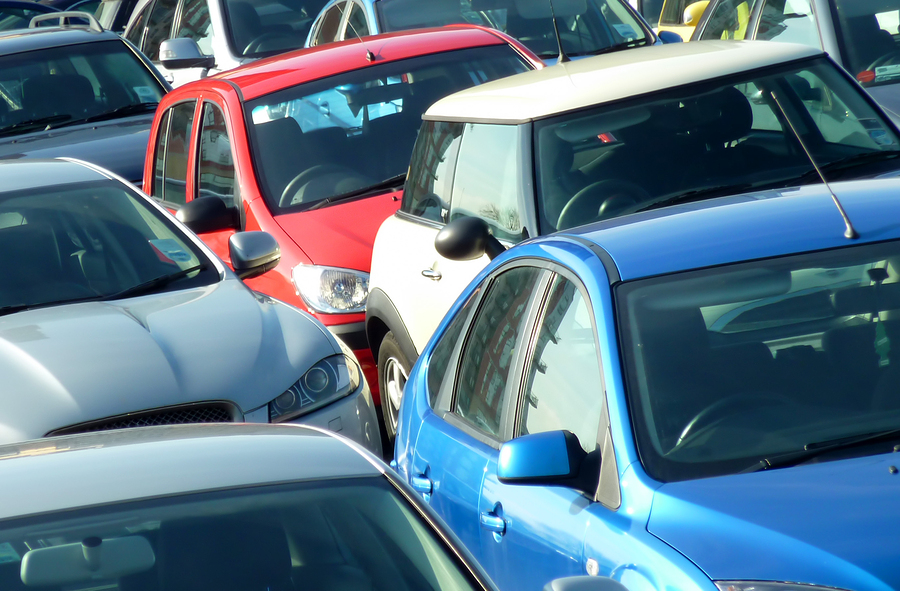Different car insurance policy types
Understanding the different levels of cover will help ensure you only pay for what you need the next time it comes to updating your car insurance cover.
From third-party only to fire and theft, there are a few different types of cover and optional extras to choose from – today we’re sharing a brief overview of each to help decide what’s best for you.
Car insurance policies – the basics
By law in the UK drivers must be insured, regardless of whether you use your car once a month or once a day. In general, there are three different levels of car insurance to choose from, from the most basic through to a much more comprehensive policy that covers much more.
What you need depends on how regularly you drive, what you feel comfortable with and what you can afford.
Third Party
Third party is the minimum level of insurance you can legally have. Simply put, third party insurance will cover other people (also known as third parties), but not yourself. This means if you injure someone else or damage their vehicle or property, your insurance will pay out to cover the cost. Your vehicle on the other hand is not covered – if it is stolen or damaged in an accident, with a third party only insurance policy you’ll be responsible for covering that cost on your own.
Third party only insurance is often an attractive option for drivers looking to cut costs, but beware – it doesn’t always work out to be cheaper than a more comprehensive party and can leave you with a hefty bill to pay to fix or replace your own car in the event of an accident where you are at fault.
In general, third party only policies tend to be best suited to drivers who have lost their no claims bonus or live in an area considered high risk. Drivers with a vehicle worth less than £1000 also often choose a third party only policy as the cost to but another car is more cost efficient than fixing it.
Third party, fire and theft
Third party, fire and theft sits somewhere between the bare minimum and fully comprehensive cover. Like third party only insurance, third party, fire and theft covers other people in the event of an accident but not you – if your car is damaged and you are at fault, you will be responsible for the cost of repairing or replacing your vehicle.
This type of policy however will cover you for repair or replacement in the event that your car is either stolen or damaged by fire. Like third party only policies, third party, fire and theft policies aren’t necessarily the cheapest; many insurers will offer a better price for their standard or comprehensive cover instead.
Comprehensive
A comprehensive or fully comprehensive car insurance policy is the most rounded level of cover you can buy. With this policy you’ll be covered for the basics – third party, fire and theft – plus for damage to your own car, too, even if you were at fault. Comprehensive cover means you can claim back the cost of repairs after an accident, accidental damage and even vandalism.
Depending on the policy, you may also be covered for a range of other things – such as driving another vehicles or driving overseas. Each comprehensive cover offering is different so check the fine print carefully – some options may be slightly more expensive but will offer much better cover, too.
If you have a new or expensive car, comprehensive cover might work out best for you, because the cost of repair or replacement is too high to reasonably pay without the help of an insurance claim.
Optional Upgrades
What isn’t included as part of a comprehensive car insurance policy can sometimes be purchased as an optional upgrade or extra.
This style of bolt-on coverage is also popular with drivers; you can choose the policy that’s best for you and then add extra protection individually based on your needs. First check to see what your insurer offers as part of their comprehensive car cover. If there’s anything missing, you could also ask if there are upgrades to cover:
- Legal protection: Cover for legal costs that come as a result of an accident or claim
- Breakdown insurance: Roadside assistance and recovery in the event of a breakdown
- No claims discount protection: Keep your no-claims bonus intact if you have to make a claim
- Personal effects: Cover for possessions inside the car damaged in an accident or stolen from your car
- Lost or stolen keys: Covers the cost of replacement for car keys is they are lost or stolen
- Uninsured driver protection: Additional protection if you’re involved in accident with an uninsured driver
Disclaimer
The contents of this article are for reference purposes only and do not constitute financial or legal advice. Independent financial or legal advice should be sought in relation to any specific matter. Articles are published by us without any knowledge or notice of the circumstances in which you or anyone else may use or rely on articles or any copy of the information, guidance or documents obtained from articles. We operate and publish articles without undertaking or accepting any duty of care or responsibility for articles or their contents, services or facilities. You undertake to rely on them entirely at your own risk, and without recourse to us. No assurance of the quality of articles is given or undertaken (whether as to accuracy, completeness, fitness for any purpose, conformance to any description or sample, or otherwise), or as to the timeliness of the publication.



















